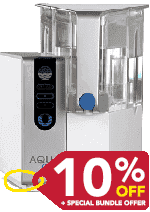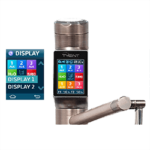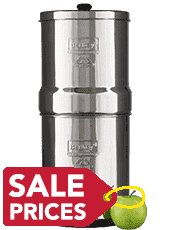- Home
- Health
- Water Softener Guide
- Water Treatment
Private Sewers & Septic Systems
- About Private Sewers Sysytem And Septic Systems
- Lateral Root Notification Program
- Fats, Oil & Grease
- Spills & Black Water Valves
- Help Protect The Enviroment
- Septic Systems
- About
Understanding Hydration: Its Importance and Nuances
What is Hydration?
At its core, hydration is the process of providing your body with adequate water to perform its necessary functions. Our bodies crucially depend on water. Every single cell, tissue, and organ relies on water for optimal functionality. This includes critical tasks like temperature regulation, waste elimination, and joint lubrication.
Defining Hydration in Simple Terms:
When we talk about hydration in the context of human health, it signifies ensuring the body has enough water to efficiently execute all its functions. If you’re dehydrated, symptoms might manifest as muscle spasms, confusion, an elevated heart rate, or headaches. To restore the body to a balanced state, you need to replenish the lost water, either through direct water consumption, water rich foods, or beverages with electrolytes. A clear sign of adequate hydration is the disappearance of dehydration symptoms.
Hydration in Chemistry:
In the realm of chemistry, a hydration reaction fundamentally involves a substance combining with water. Specifically, in organic chemistry, it refers to the addition of water to an unsaturated substrate, such as an alkyne or alkene. This reaction type is instrumental in producing chemicals like isopropanol, ethanol, and 2 butanol in industrial settings.
Expanded Insights on Hydration Facts:
1. Dehydration and Fatigue:
2. Understanding Thirst:
Thirst isn’t only a dry mouth. Persistent joint pains, headaches, and stomach ulcers can be signs of dehydration. In such states, the body struggles to transport acidic waste, leading nerves to interpret this as pain.
3. Dehydration's Link to Allergies:
4. Rethinking "8 Cups a Day":
Hydration needs vary per individual, based on weight, activity, diet, and environment. Instead of the generic “8 cups”, consider drinking half your body weight (in pounds) in ounces. For a 150 pound individual, that’s 75 ounces.
5. City Water's Digestive Impact:
Staying Hydrated: Helpful Tips:
- Keep a water bottle handy.
- Opt for reusable bottles filled with filtered water.
- Add a twist of lemon or lime for flavor.
- Hydrate before, during, and postexercise.
- Recognize the difference between thirst and hunger.
- Set a drinking schedule if you often forget to hydrate.
- Choose water at restaurants – it’s beneficial and free!
Why is Hydration So Crucial?
Water is the essence of life. It plays a central role in toxin elimination, enzyme production for digestion, and maintaining skin, hair, and organ health. Moreover, water assists in absorbing essential nutrients and regulating body temperature. Contrarily, beverages like coffee, tea, and alcohol, while they might quench thirst, don’t replace the body’s water needs. They act as diuretics, expelling more water than they introduce.
In conclusion, always prioritize staying hydrated. For those who find plain water mundane, explore the vibrant world of fruit infused water recipes.













